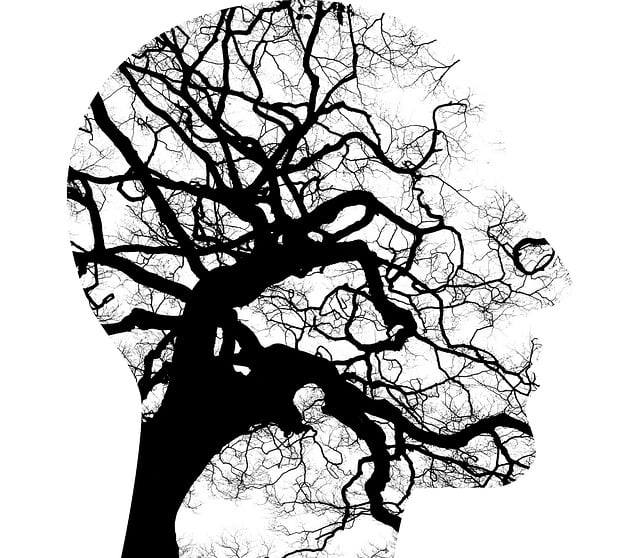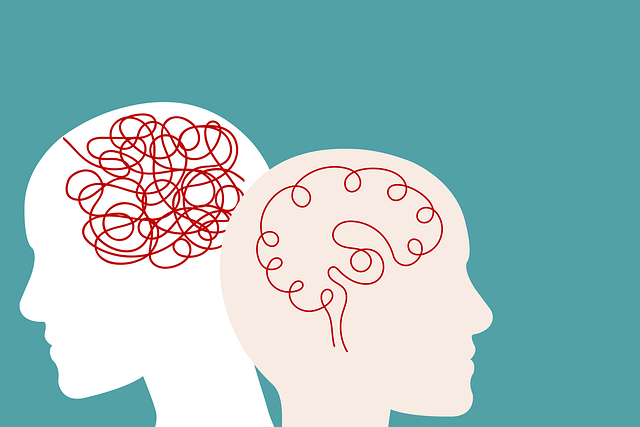Northglenn Conduct Disorder Therapy emphasizes self-care as a vital tool for managing stress and emotional challenges. By prioritizing physical, mental, and emotional well-being, individuals can enhance their resilience and cope with conduct disorders effectively. This includes personalized self-care plans, mindfulness techniques, and holistic practices like exercise and hobbies. The therapy's comprehensive approach integrates cultural sensitivity, social skills training, and risk management, promoting overall mental health improvement through sustainable self-care habits and constructive conflict resolution strategies.
“Unwind, rejuvenate, and unlock your mental health’s full potential through self-care—a powerful tool that fosters resilience. This article guides you on a journey of self-discovery, offering insights into the transformative power of self-care practices. From understanding its profound impact on mental well-being to identifying personal needs, we explore effective strategies.
Discover how Northglenn Conduct Disorder Therapy provides a holistic framework for self-improvement and learn practical techniques like mindfulness and relaxation. Uncover the secret to building sustainable self-care habits that will enhance your long-term wellbeing.”
- Understanding Self-Care and its Impact on Mental Health
- Identifying Personal Needs for Effective Self-Care Strategies
- Northglenn Conduct Disorder Therapy: A Holistic Approach to Self-Improvement
- Incorporating Mindfulness and Relaxation Techniques into Daily Routine
- Building Sustainable Self-Care Habits for Long-Term Wellbeing
Understanding Self-Care and its Impact on Mental Health

Self-care is an essential practice that involves attending to one’s physical, mental, and emotional well-being. It is a proactive approach to maintaining good health and fostering overall happiness. In today’s fast-paced world, where stress and pressure are prevalent, prioritizing self-care has become more crucial than ever. For individuals dealing with conditions like Northglenn Conduct Disorder Therapy, incorporating self-care strategies can significantly impact their mental health journey.
Understanding the importance of self-care is a pivotal step towards improving one’s well-being. It involves recognizing that taking time for oneself is not a luxury but a necessity. By implementing practices such as regular exercise, mindfulness meditation, adequate sleep, and engaging hobbies, individuals can enhance their resilience. This, in turn, equips them with the tools to manage stress, anxiety, and even trigger factors related to conduct disorders. Moreover, self-care fosters personal growth, improves coping mechanisms, and allows for better risk management planning, as suggested by crisis intervention guidance, ensuring a more balanced and healthy mind.
Identifying Personal Needs for Effective Self-Care Strategies

Effective self-care strategies begin with a deep understanding of one’s personal needs. Northglenn Conduct Disorder Therapy emphasizes the importance of introspection to identify these needs, which can vary greatly from person to person. By taking time to reflect on physical, emotional, and mental health, individuals can uncover specific triggers, behaviors, and activities that contribute to stress or deplete energy. This process involves paying attention to both the obvious and subtle signs of exhaustion, discomfort, or unhappiness.
Once identified, personal needs serve as guiding stars for crafting tailored self-care plans. Incorporating practices such as Stress Management techniques, Communication Strategies, and regular Risk Assessments for Mental Health Professionals can be instrumental in maintaining well-being. These strategies not only help individuals to better manage their stress levels but also foster healthier interactions and prevent potential mental health risks, ultimately leading to an improved quality of life.
Northglenn Conduct Disorder Therapy: A Holistic Approach to Self-Improvement

In the realm of self-improvement, Northglenn Conduct Disorder Therapy offers a holistic approach, focusing on every individual’s unique needs. This therapy goes beyond traditional methods by addressing underlying social and emotional challenges, often overlooked in conventional treatment plans. It is particularly effective for those seeking to enhance their overall well-being while managing conduct disorders. The program integrates various therapeutic techniques, including Social Skills Training, tailored to foster healthy interactions and relationships.
By prioritizing the client’s cultural background and context, Northglenn Conduct Disorder Therapy ensures inclusivity and effectiveness. Healthcare Provider Cultural Competency Training plays a pivotal role in this process, enabling professionals to deliver sensitive and personalized care. Additionally, Risk Management Planning for Mental Health Professionals is implemented to safeguard both clients and practitioners during therapy sessions, creating a secure environment conducive to transformation.
Incorporating Mindfulness and Relaxation Techniques into Daily Routine

Incorporating mindfulness and relaxation techniques into your daily routine can be a powerful tool for improving self-care practices, especially for individuals managing conditions like Northglenn Conduct Disorder Therapy. Mindfulness meditation, for instance, has been shown to reduce stress and anxiety, fostering a deeper sense of calm and emotional regulation. By dedicating just a few minutes each day to mindfulness exercises, one can cultivate a stronger mind-body connection and enhance overall well-being.
Northglenn Conduct Disorder Therapy benefits greatly from incorporating self-care practices that include cultural sensitivity in mental healthcare practice. Techniques like deep breathing, progressive muscle relaxation, or even engaging in nature walks can provide much-needed respite from the challenges of daily life. These practices not only support emotional balance but also encourage a healthier lifestyle, making it easier to manage symptoms and improve overall mental health.
Building Sustainable Self-Care Habits for Long-Term Wellbeing

Building sustainable self-care habits is essential for long-term wellbeing, especially for individuals navigating challenges like conduct disorder. Northglenn Conduct Disorder Therapy emphasizes the importance of consistent routines and holistic practices to foster positive thinking and emotional well-being promotion techniques. By integrating simple yet effective self-care strategies into daily life, individuals can enhance their ability to manage stress, regulate emotions, and improve overall mental health.
These habits may include regular exercise, mindfulness meditation, adequate sleep, and engaging in hobbies. Conflict resolution techniques, such as cognitive behavioral therapy (CBT) tools, can also be integrated to help individuals cope with challenging situations constructively. Over time, these practices create a sense of balance and resilience, allowing for better management of symptoms and improved quality of life.
Self-care is a powerful tool for enhancing mental health, and as demonstrated by Northglenn Conduct Disorder Therapy’s holistic approach, it can be tailored to meet individual needs. By understanding our personal requirements and incorporating practices like mindfulness and relaxation, we can build sustainable habits that promote long-term wellbeing. These strategies, when integrated into daily routines, offer a path towards a healthier, more balanced life.














